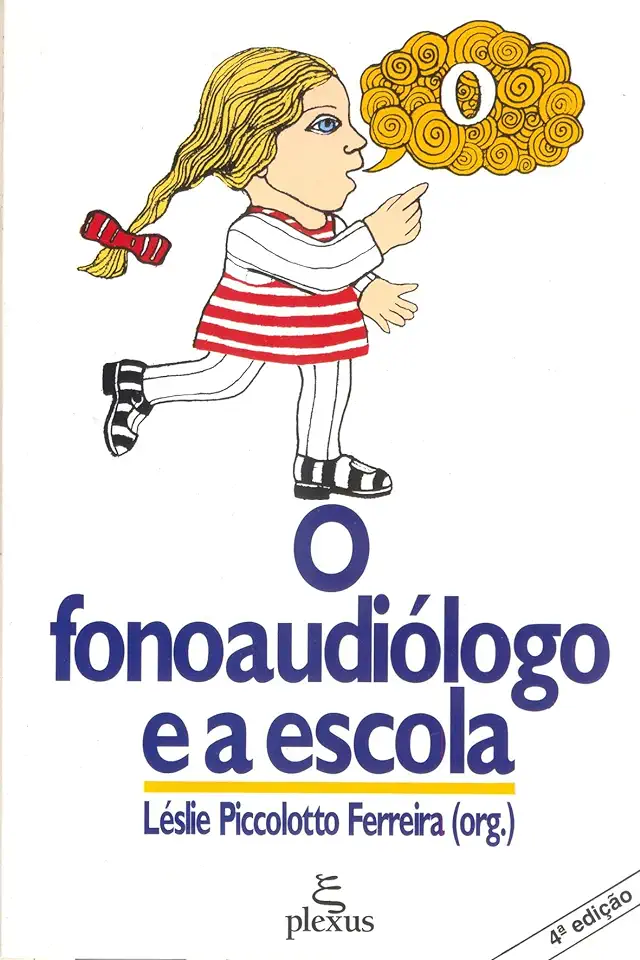
The Speech-Language Pathologist and the School - Léslie Piccolotto Ferreira
The Speech-Language Pathologist and the School: A Guide to Effective Collaboration
Introduction
The Speech-Language Pathologist (SLP) and the School: A Guide to Effective Collaboration is an essential resource for SLPs who work in school settings. This comprehensive guide provides a wealth of information on the roles and responsibilities of SLPs in schools, as well as strategies for effective collaboration with teachers, administrators, and other professionals.
The Role of the SLP in the School
SLPs play a vital role in the education of students with speech, language, and hearing impairments. They work with students to improve their communication skills, which can help them succeed academically and socially. SLPs also provide consultation to teachers and administrators on how to best support students with communication disorders.
Collaboration with Teachers
Collaboration between SLPs and teachers is essential for the success of students with communication disorders. SLPs can provide teachers with information on how to adapt their teaching methods to meet the needs of students with communication disorders. Teachers can also provide SLPs with information on the student's academic progress and any challenges they may be facing.
Collaboration with Administrators
SLPs can also play a valuable role in collaborating with administrators to develop policies and procedures that support students with communication disorders. For example, SLPs can help administrators develop a plan for identifying students with communication disorders and providing them with appropriate services.
Collaboration with Other Professionals
In addition to collaborating with teachers and administrators, SLPs also work with a variety of other professionals, such as psychologists, social workers, and occupational therapists. This collaboration is essential for providing students with a comprehensive range of services.
Strategies for Effective Collaboration
The book provides a number of strategies for effective collaboration between SLPs and other professionals. These strategies include:
- Establishing a positive relationship: The foundation of any successful collaboration is a positive relationship. SLPs should take the time to get to know the other professionals they work with and build trust.
- Communicating effectively: Clear and effective communication is essential for collaboration. SLPs should be able to communicate their ideas clearly and concisely, and they should be open to listening to the ideas of others.
- Respecting each other's roles: It is important for SLPs to respect the roles of other professionals and to recognize their expertise. SLPs should also be willing to share their own expertise and to learn from others.
- Working together to develop a plan: When working with students with communication disorders, it is important for SLPs and other professionals to work together to develop a plan that meets the student's individual needs. This plan should include specific goals and objectives, as well as a timeline for achieving them.
- Monitoring progress and making adjustments: It is important to monitor the progress of students with communication disorders and to make adjustments to the plan as needed. SLPs should work with other professionals to track the student's progress and to make any necessary changes to the plan.
Conclusion
The Speech-Language Pathologist and the School: A Guide to Effective Collaboration is an essential resource for SLPs who work in school settings. This comprehensive guide provides a wealth of information on the roles and responsibilities of SLPs in schools, as well as strategies for effective collaboration with teachers, administrators, and other professionals. By following the strategies outlined in this book, SLPs can help students with communication disorders succeed academically and socially.
Call to Action
If you are an SLP who works in a school setting, I encourage you to purchase The Speech-Language Pathologist and the School: A Guide to Effective Collaboration. This book will provide you with the knowledge and skills you need to be an effective collaborator and to help students with communication disorders succeed.